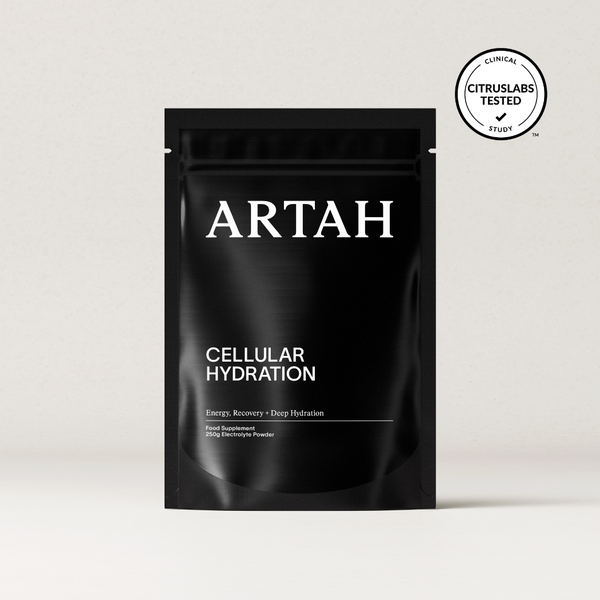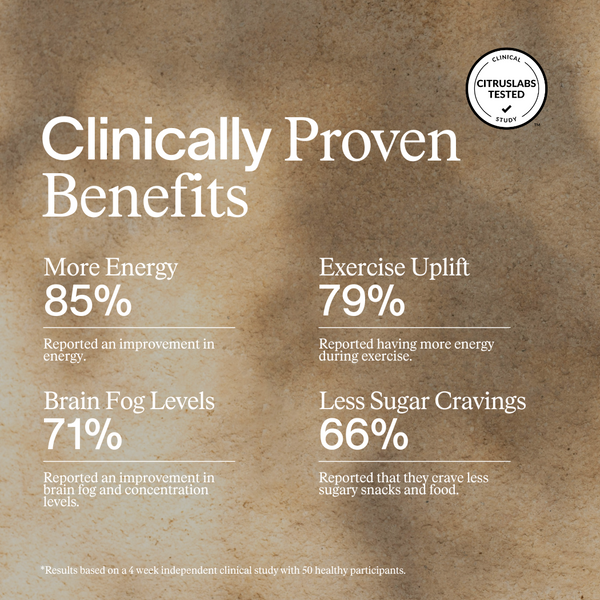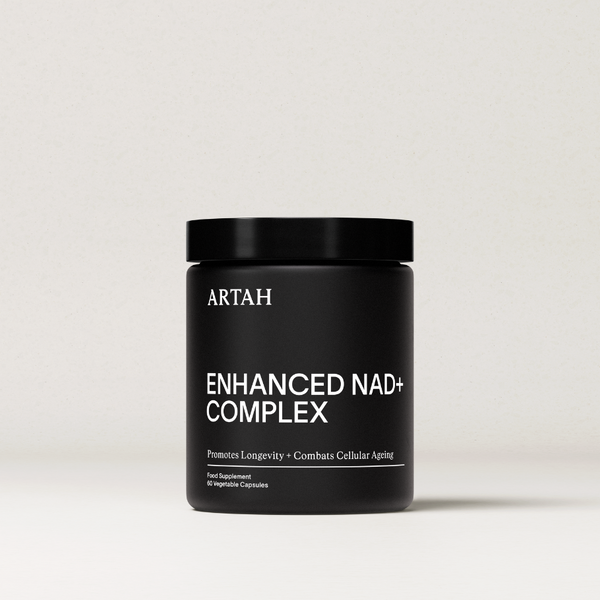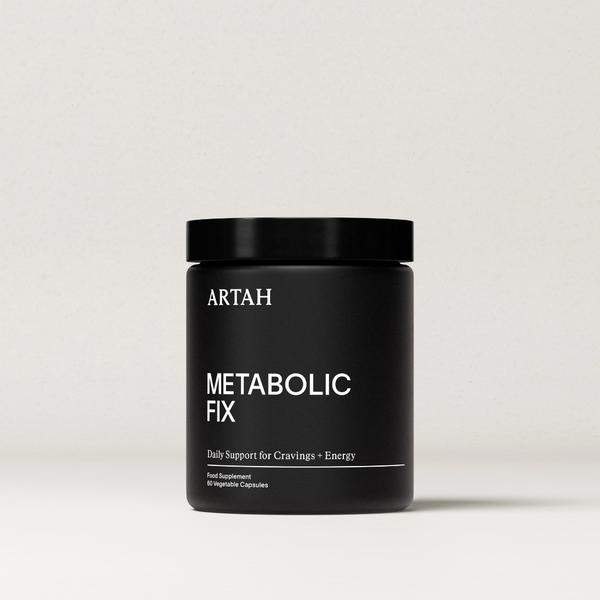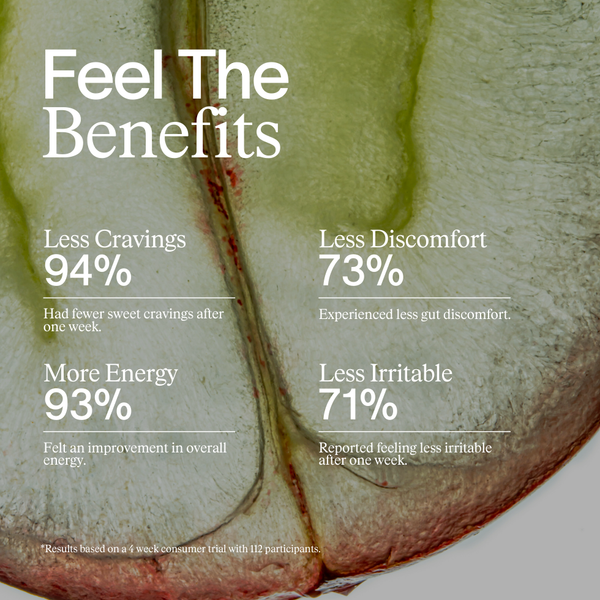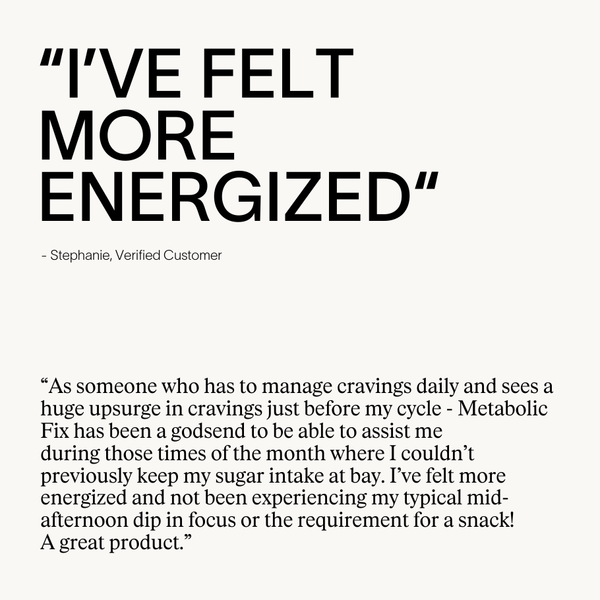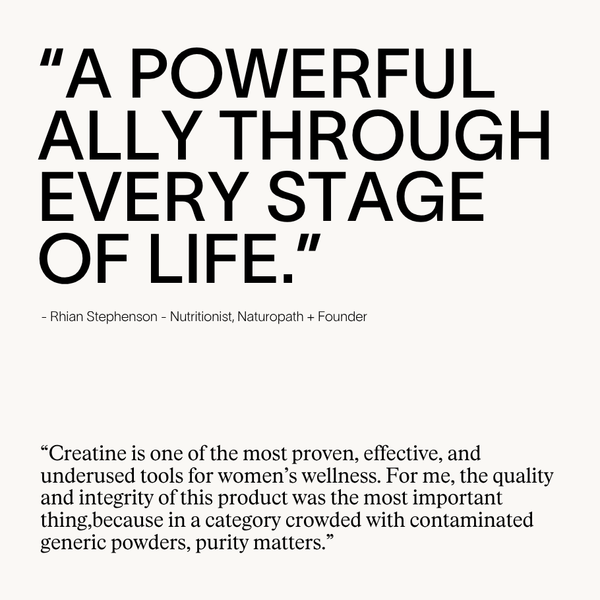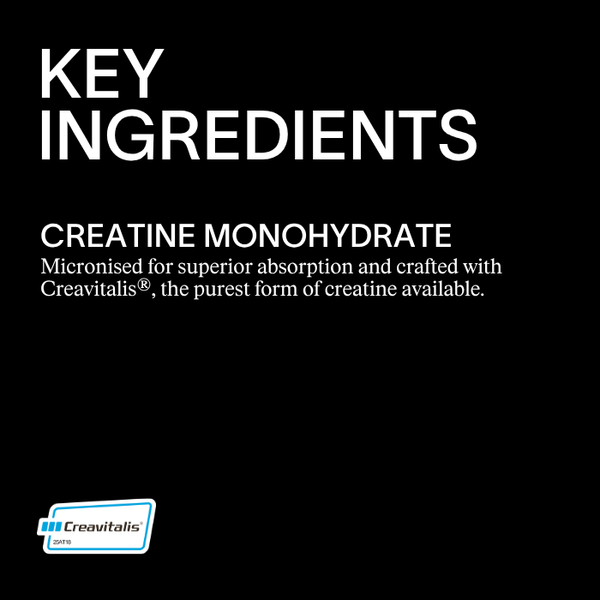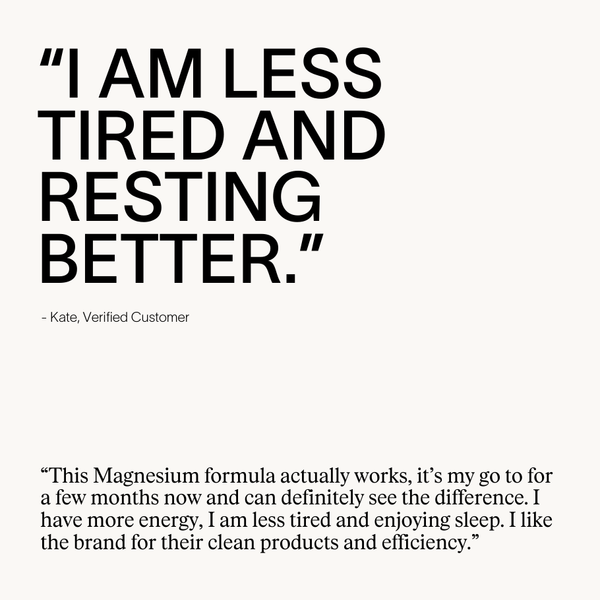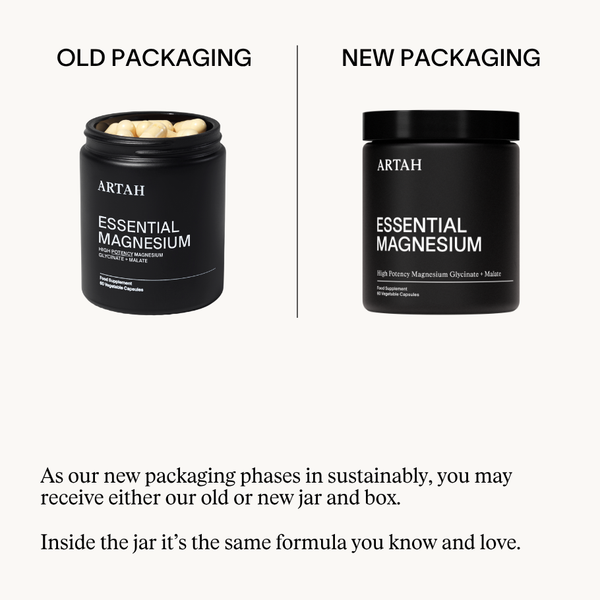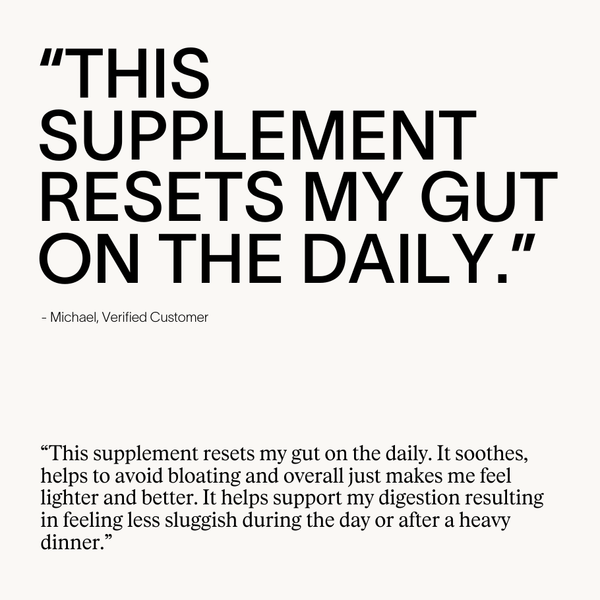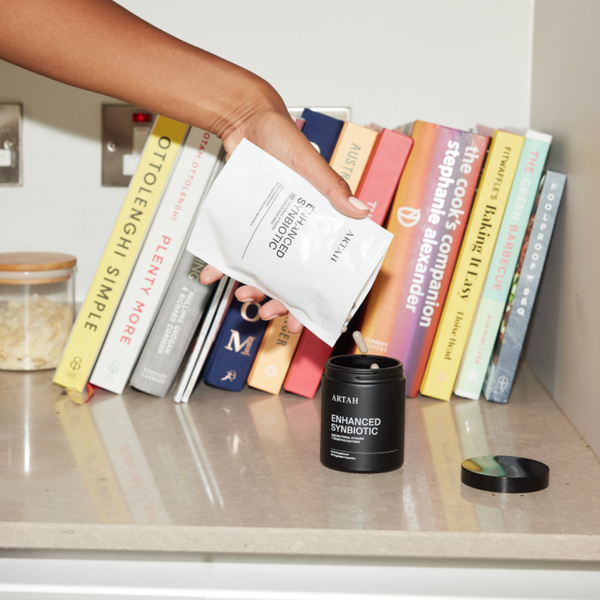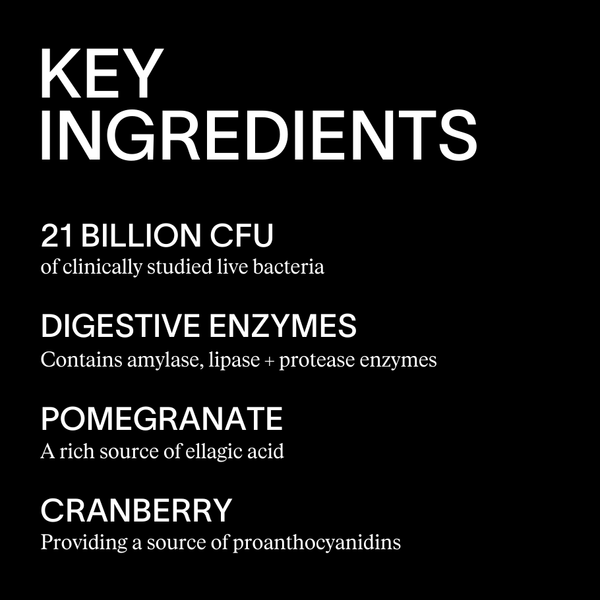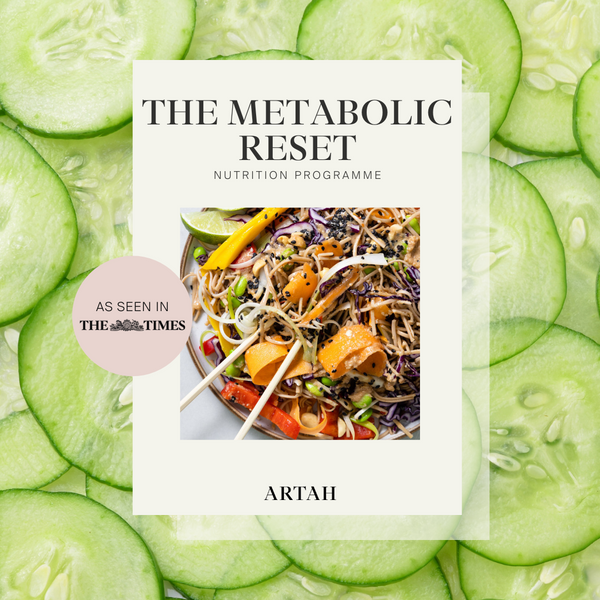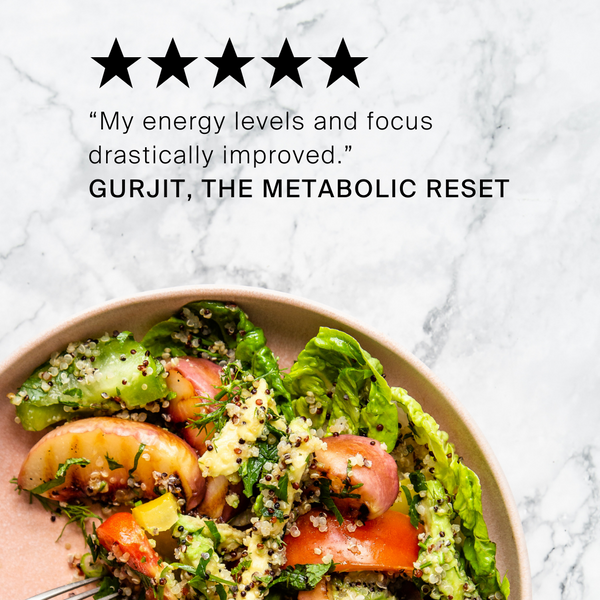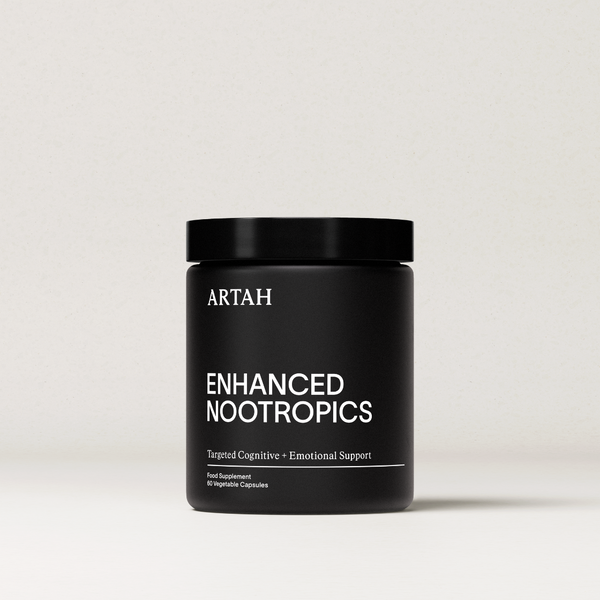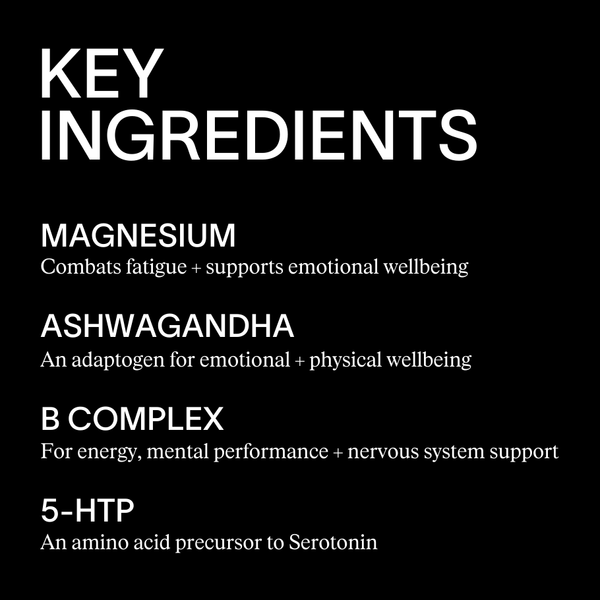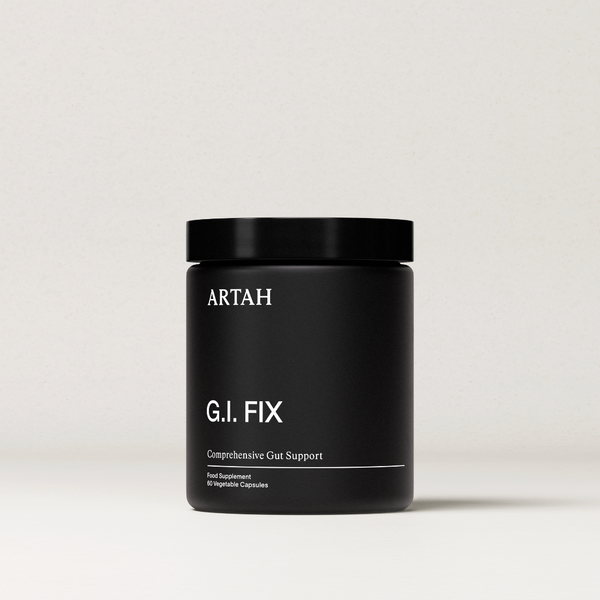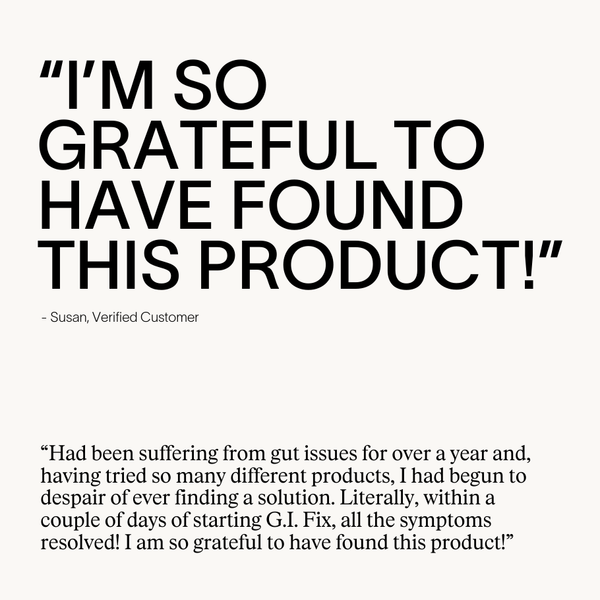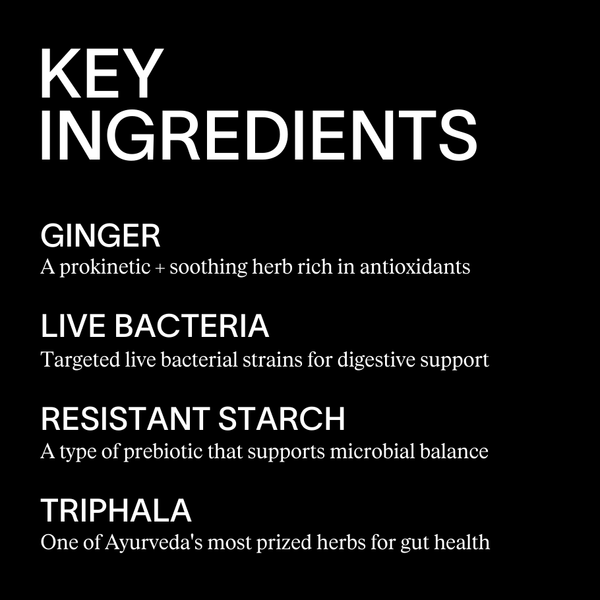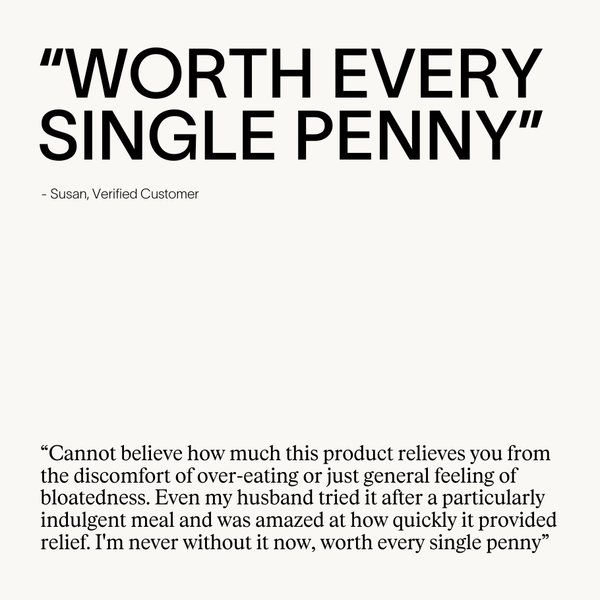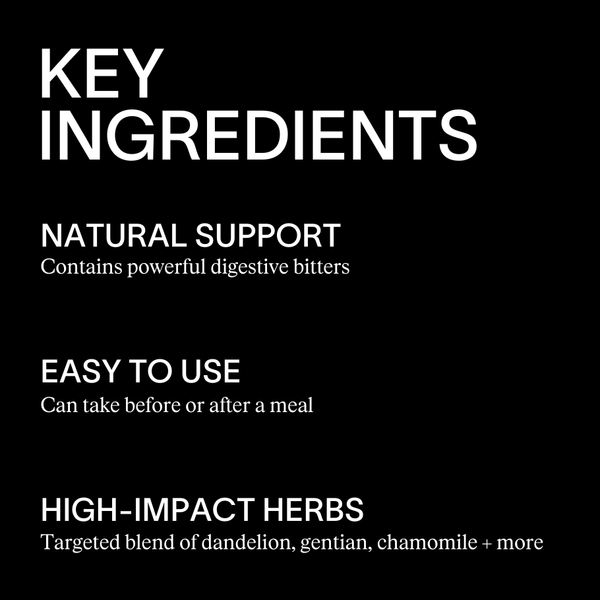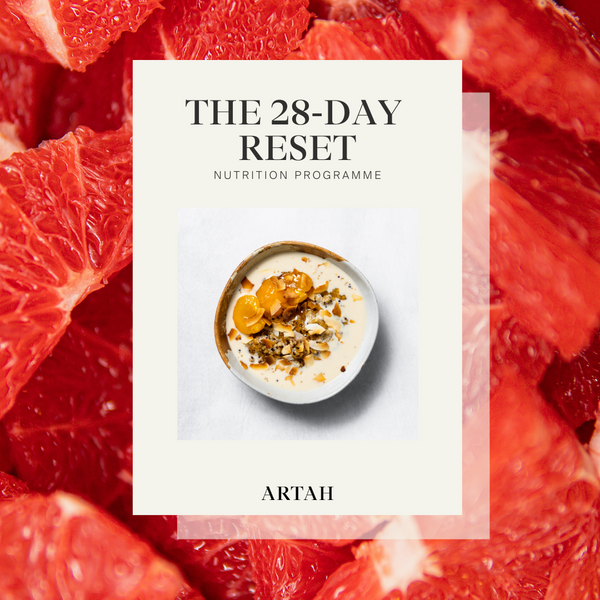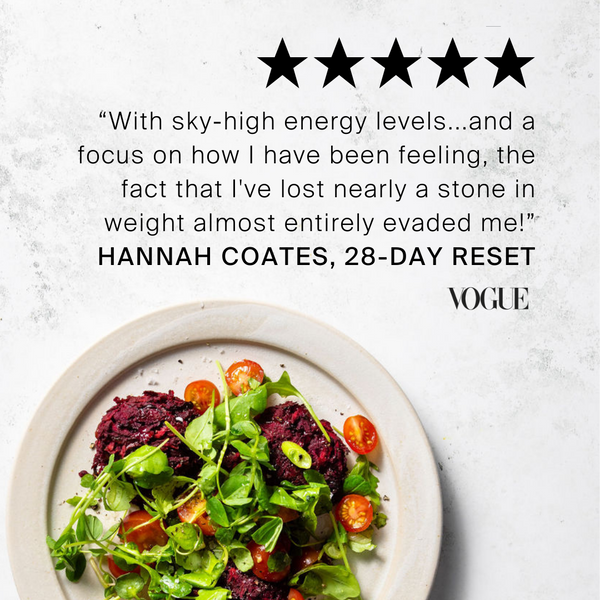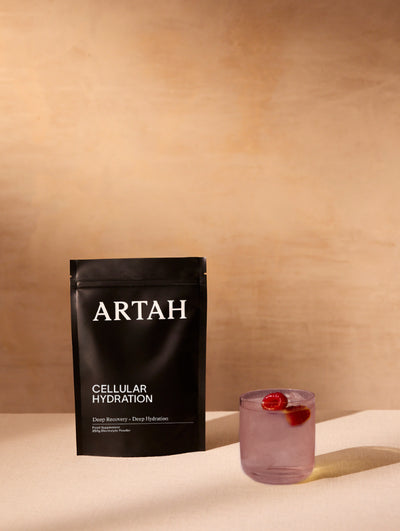We’re often asked what the best way to lose weight is – but there is no quick fix, and what’s more important is finding the best way to improve overall physical and emotional health. If we do this, weight loss will naturally follow, because when we work on regulating our underlying biochemical environment, an improvement in our gut, hormones, blood sugar, and emotions will likely follow. Here’s where to start.
REVAMP YOUR MORNING METABOLISM
If there’s one thing to watch to help keep you on track, it’s controlling your morning blood sugar. When we wake up, our metabolic environment is sensitive – we've been fasting overnight, we’ve lost electrolytes, we’re dehydrated, and we have a natural rise in cortisol to help us wake up. Our morning routine can quite literally shape how we feel for the whole day, which is why one of the best things we can do to feel balanced and energetic is to proactively manage blood sugar in the morning. We want to prevent starting the day off with a sharp rise (and fall) of blood sugar, which can set us up for an energy (and appetite) roller coaster for the day. When it comes to morning blood sugar management, it’s all about sugar. A 2021 study following over 1000 people showed that researchers were able to predict how hungry people were, how much they ate, and how quickly they had to eat again by the severity of their blood sugar spike after their breakfast. The individuals who experienced a large rise and fall in blood sugar ate sooner, craved more, and ate more over a 24 hour period compared to individuals who had a smaller rise and fall in blood sugar. The takeaway? Managing your blood sugar is key, especially in the morning. Try swapping out sugar and starch rich breakfasts for protein, fat and fibre rich meals. It’s also important to rehydrate – especially if you are a heavy coffee drinker in the morning. Try 500 mls of water with a pinch of sea salt and fresh lemon, or Cellular Hydration, for a metabolism boosting dose of electrolytes. This is going to help mood, energy, and cognition, but it’s also going to rev your metabolism for the day – studies have shown that rehydrating in the morning can increase your metabolism by up to 20%. Other stimulating things we love to do in the morning include getting early daylight, breathwork, cold showers, skin brushing and walking.
GET YOUR GUT RIGHT
When the diversity of our microbiome suffers, we can lose the vital balance between beneficial and pathogenic bacteria; simply put, the bad guys take over our metabolism. When pathogenic bacteria are in charge, they contribute to inflammation and insulin resistance, both of which can sabotage your weight loss efforts. How do they do this? One of the main ways is through the production of inflammatory compounds called LPS – or Lipopolysaccharides. LPS can alter the integrity of the intestinal wall making it more permeable, meaning that it and other metabolites can leak into the bloodstream that shouldn’t usually be there. This has been shown to contribute to insulin resistance, making us more prone to fat storage and less metabolically flexible. It will also influence how we experience hunger. Hunger and cravings are not just about willpower – in fact, our hormones and chemical messengers will have a far greater effect on how and what we eat than the strength of our resolve. There are a variety of factors implicated in appetite control, and the microbiome is unsurprisingly one of them. A loss of bacterial diversity is associated with a depletion of Leptin, one of the key appetite regulating hormones involved in the satiety response. The metabolites of certain pathogenic strains of bacteria also play a role – they can stimulate Ghrelin, our hunger hormone, and influence the type of foods we crave.
It’s not all bad news. Good bacteria in the gut have diametrically opposite effects through the production of postbiotics – bioactive compounds produced when our bacteria break down fibres, resistant starch and other phytochemicals. One of the most important groups of postbiotics is the short chain fatty acids (SCFA), which are both a source of energy for the cells of the gut, and chemical messengers that help improve energy and metabolism. Not only do they help regulate fat storage, but they also influence appetite. SCFA can regulate blood sugar, suppress appetite, and improve the intestinal barrier. If you need support, try Enhanced Probiotic, our award-winning synbiotic formula with extra digestive support.
FOCUS ON MUSCLE MASS
Muscle mass is one of the powerful levers we have for managing our blood sugar. How does it help? Firstly, muscle requires energy to sustain itself, which means it’s a calorie consumer (whereas adipose tissue, for example, is not). Secondly, it acts as a reservoir for sugar – when we don’t immediately need the sugar circulating in our bloodstream, it’s diverted to our skeletal muscle to be stored as glycogen for easy access when we need it. The more muscle mass we have, the greater our capacity to use and store excess glucose. In addition to its direct impact on energy storage and usage, exercise related muscular contractions lead to the secretion of myokines, compounds that have a variety of metabolic benefits, which include an improvement in mood, blood pressure and cognitive function. We naturally lose muscle mass as we age – and it happens sooner than you may think. After the age of 30, muscle naturally declines by 3-8% per decade, and this loss accelerates after the age of 60. So, aim to make strength training, and the maintenance of muscle mass, a focus to improve metabolic efficiency.
KEEP YOUR DETOXIFICATION PATHWAYS FIRING
Our liver and kidneys are the main organs of detoxification, but the full gang includes our skin, bowel, lungs, and lymphatic system. Together, they are responsible for everything from neutralizing food, chemicals and environmental pollutants, to transporting and removing waste from our body. It’s our built-in detox system, and if it’s always under pressure, it’s going to need a tune up.
We expect our body to handle A LOT. Digestion, assimilation, hormone and neurotransmitter production, blood sugar regulation, warding off infections, and all the other basic metabolic functions are just the start. Then we layer in our lifestyle – coffee, alcohol, food chemicals, medications, antibiotics, environmental pollutants, stress, lack of sleep and exercise (and don’t forget pregnancy, miscarriage, and menopause). All of these stressors add a layer of internal admin to our already overworked detoxification team. We expect all of this to run seamlessly whilst looking and feeling our best, but if you aren’t feeling up to scratch, it may be a sign that it's bit too much to ask of the body which we call home. Whether you call it a cleanse, a detox, or just a bit of a break, it’s important to schedule in time for your body to reboot.
A cleanse doesn’t need to be crazy, and actually, we far prefer food-based cleanses that incorporate mindful movement, wholesome nutrition and purposeful supplements. The body is always giving us feedback. How we feel, our digestion, energy levels, mood, weight, sleep, skin, and how we perform are all a reflection of our metabolic environment. Where to start? For a basic break, try to schedule a minimum of 7 days and avoid food chemicals, excess sugar, alcohol, ultra processed food, refined carbohydrates, and instead focus on plant diversity, lean protein, whole foods, and hydration. If you’re finding it hard to schedule in 7 days to yourself, it’s probably a sign that it’s exactly what you need. If you need a little extra guidance, try our 5-Day Cleanse, which is designed to put you into a low cortisol, low insulin, highly reparative environment, so that you can shed weight, clear out damaged cells, and activate cellular repair. We also love Deep Detox, which combines traditional detox herbs like Milk Thistle and Turmeric with antioxidant detox powerhouses NAC and Alpha-Lipoic acid to combat oxidative stress and enhance elimination.
MAKE AN EMOTIONAL CONNECTION
Many of us are still completely disconnected from how food makes us feel, and this awareness is key to cultivating great health in a truly sustainable way. From eating foods that hijack your metabolism to turning to food to cope with feelings, our emotional connection to food can have a profound impact on how we feel. If we start with emotional eating, it’s important to realize that it’s not just about will power, it’ a natural, inborn response. Many of us turn to food to avoid uncomfortable feelings or to address a need that isn’t being fulfilled, and then we beat ourselves up. Over time, this can lead to a disempowering stress response which in turn exacerbates metabolic imbalance (including blood sugar fluctuations, dysregulated appetite, sleep issues and anxiety). The first step is tuning into the cues that are urging us to eat, which will help cultivate a sense of awareness. Dr Rangan Chatterjee says, ‘we used to eat to fill our stomach, but now we eat to fill our hearts.’ He advises a simple exercise of stopping to ask yourself why you are eating and how you are feeling to help self-regulate and start to connect the dots.
In addition to understanding how we feel before we eat, it’s as important to understand how we feel after we eat. This will help you link your physical and emotional state to the food you eat. For example, if you always have a mid-morning crash in mood and energy, look at your breakfast. Did you hydrate? Did you start the day with too much starch and sugar? Did you eat enough? Outside of pregnancy or medical conditions, we should easily be able to go for four hours without food. Food should make us feel nourished, stable, and energised – so if this isn’t the case, it’s time to do some detective work. Start tracking food and feelings – whether it’s emotional (irritability, anxiety, panic) or physical (bloating, headaches, lack of concentration) and see if you can uncover any patterns.
If you’re looking for a structured way of tuning into your body, try The 28 Day Reset, which can help you reset, debloat, and identify food triggers that may be causing discomfort.
This article is for educational purposes only and the implementation of the theories and practices discussed is at the sole discretion of the individual. All advice given is not a substitute for medical advice, diagnosis, or treatment. If you have any concerns about your health, you should speak with your physician.
